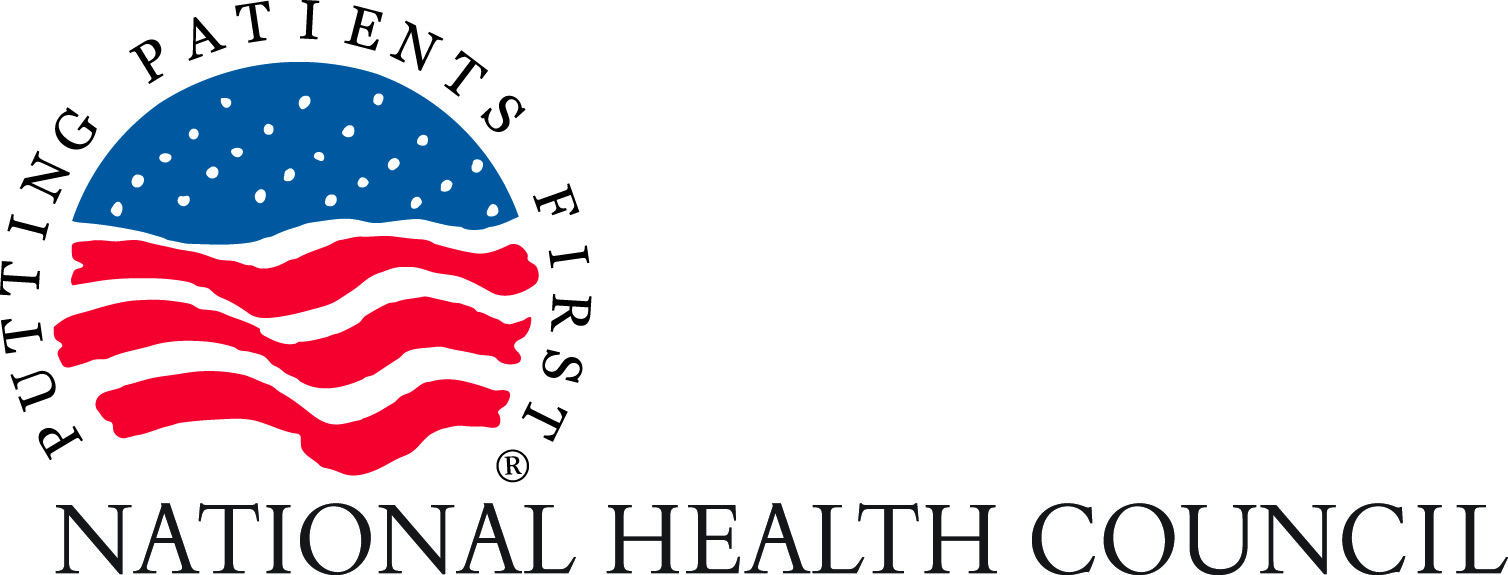What Matters Most for Treatment Decisions in Hepatitis C: Effectiveness, Costs, and Altruism
07/30/2019
The following is an excerpt from a study co-authored by Eleanor M. Perfetto, PhD, MS, National Health Council’s Executive Vice President, Strategic Initiatives, published on July 26, 2019. Read the full study here.
Comparative evaluations of innovations in hepatitis C virus (HCV) drug therapy typically focus on sustained virologic response (SVR) without addressing psychological and socioeconomic challenges that extend beyond virologic cure. This study aims to identify and prioritize variables important to patients when making the decision to start HCV treatment.
A three-round Delphi process was conducted with the first round derived from a systematic literature review and advisory board input, including patients who have been affected by HCV, physicians, pharmacists, and a patient group representative. Delphi panelists were HCV patients who had received treatment or were considering treatment. Panelists were asked about factors influencing their HCV treatment decisions. Thematic analysis of open-ended responses based on grounded theory was used. Agreement with each category and rankings based on order of importance from the patient perspective was reported.
In addition to treatment effectiveness, patient experiences with financial problems, quality of life, and altruistic desires impact HCV patients’ decisions. The risk of infecting others may motivate patients to seek treatment as much as personally experienced physical symptoms.
This study was published by The Patient. The Patient provides a venue for scientifically rigorous, timely, and relevant research to promote the development, evaluation and implementation of therapies, technologies, and innovations that will enhance the patient experience. It is an international forum for research that advances and/or applies qualitative or quantitative methods to promote the generation, synthesis, or interpretation of evidence.
Along with Eleanor Perfetto, this study was co-authored by T. Joseph Mattingly II, Julia Slejko, and Shyamasundaran Kottilil. T. Joseph Mattingly II works for the Department of Pharmacy Practice and Science at the University of Maryland School of Pharmacy. Julia Slejko works for the Department of Pharmaceutical Health Services Research at the University of Maryland School of Pharmacy. Shyamasundaran Kottilil works for the Institute of Human Virology at the University of Maryland School of Medicine.

